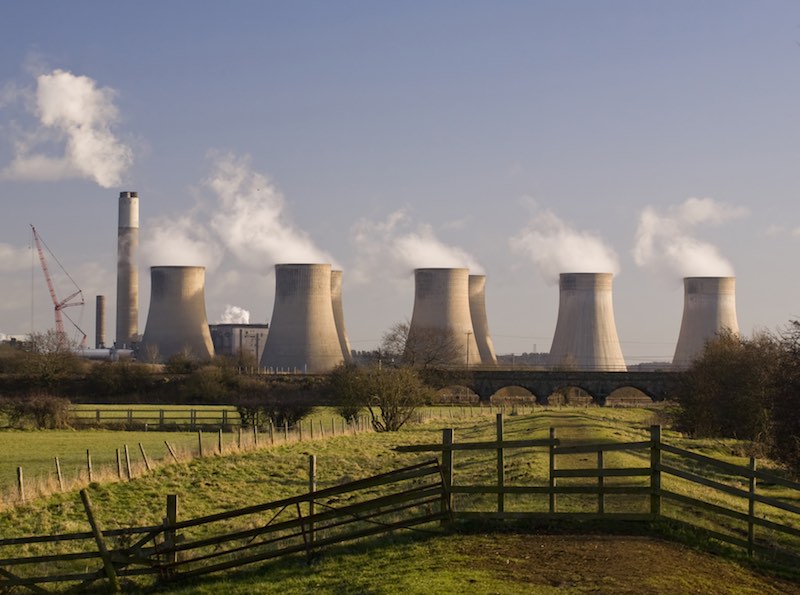UK Moves Coal Phase-Out Date Up One Year to 2024

Boris Johnson has confirmed that the UK will phase coal out of its energy mix by 2024, a year ahead of the previous target date of 2025.
The prime minister was in Glasgow to kick off the countdown to be COP26 Climate Summit to be held in the city in November. Speaking at an event at the Science Museum yesterday, he heralded the UK’s progress in cutting coal out of its energy system. Coal-fired power stations generated 70% of the UK’s electricity in 1990. Last year that figure fell to just 3%, he said.
"We want to get it down to zero by 2024,” he added. "And we are able to do that because this country is driving a revolution in renewable energy. Parts of the North and the North East in particular are showing the lead in renewable energy.”
The 2025 target date was initially announced in 2015 and kicked off a wave of power station closures. Most recently, EDF’s Cottam Power station, in Nottinghamshire, was switched off after more than 50 years of operations. SSE’s Fiddlers Ferry, in Cheshire, and RWE’s Aberthaw B, in Wales, are both scheduled to be shuttered this March.
That will leave just four power stations remaining the UK: Drax in North Yorkshire, West Burton and Ratcliffe, both in Nottinghamshire, and Kilroot in Country Antrim.
Four generating units at Drax have already been converted to burn biomass and Drax confirmed earlier this week that it was weighing options for the remaining two coal-burning units, which have contracts to operate through September 2022. Drax previously indicated that the units were unlikely to continue burning coal beyond 2023.
Kilroot power station is not covered by the phase-out because energy policy is devolved to Northern Ireland.
Johnson said phasing out coal would help the UK meet its net-zero target by 2050 and lead the world in decarbonisation.
"This phenomenon of global warming is taking its toll on the most vulnerable populations around the planet," he said in Glasgow. "That's why we are pledged here in the UK to deliver net zero by 2050. We are the first major economy to make that commitment, and it's the right thing to do. It's quite proper that we should. We were the first after all to industrialise—look at the historic emissions of the UK. We have a responsibility to the planet to lead in this way to do this."
Business and Energy Secretary Andrea Leadsom said: “Coal-generated energy will soon be a distant memory as we plan to decarbonise every sector of our economy, enabling a greener future for all our children.”
The new target date came the same day new official statistics revealed that greenhouse gas emissions dropped 2.1% in 2018 compared to the year before, partly due to a drop in coal-powered electricity generation.
Coal’s contribution to the UK’s power supply fell by 24% between 2017 and 2018, the Department for Business, Energy and Industrial Strategy (BEIS) announced.
However, the government’s commitment to phasing out coal has been cast into doubt by plans to open new coal mines, including a new opencast mine at Druridge Bay on the Northumbrian coast and a deep coal mine in Cumbria. Environmental campaigners have suggested that both jeopardise the UK’s climate goals.
Claire O'Neill, the former energy minister recently sacked by Number 10 as president of the COP26, criticised Johnson's leadership on climate issues in a scathing letter released yesterday. "There is a yawning gap between what the world expects from us and where we are. It’s a systemic failure of global vision and leadership," she wrote.
"We are almost out of time to win the battle against climate change and start the process of climate recovery," she added.
Read on our blog

With the government poised to implement tough new measures to...

Budget broadband provider TalkTalk has been notifying customers via email...

A year-long investigation by charity Citizens Advice has revealed a...

Education Secretary Nadhim Zahawi has announced a new commitment to...
